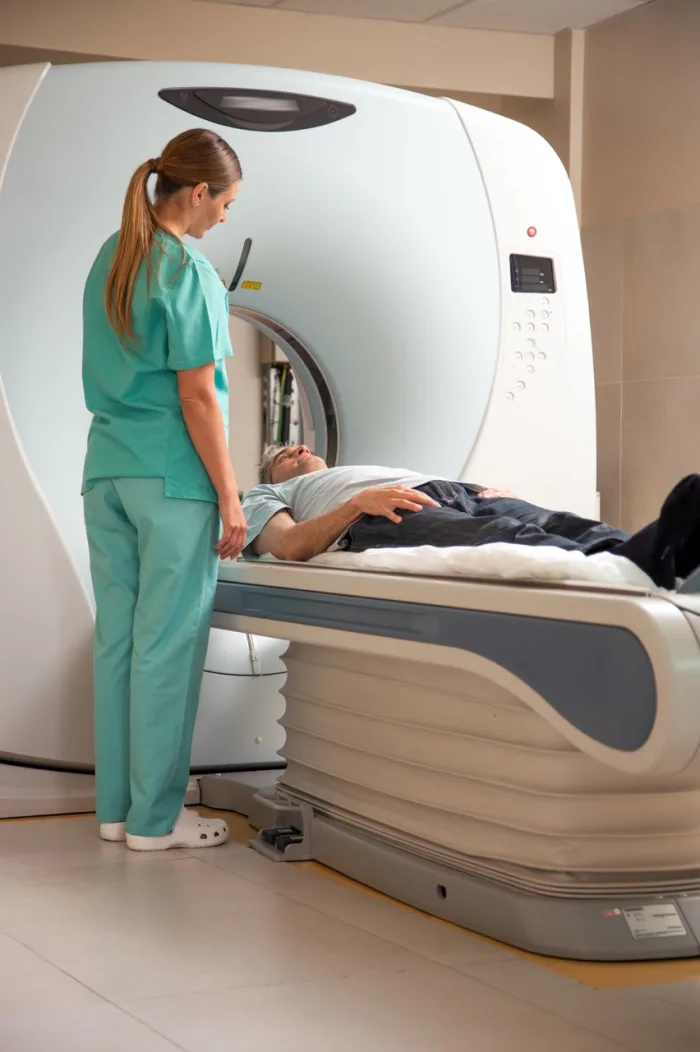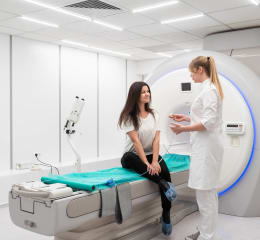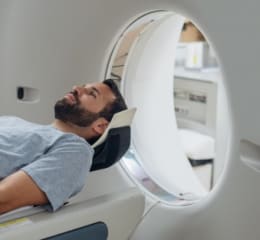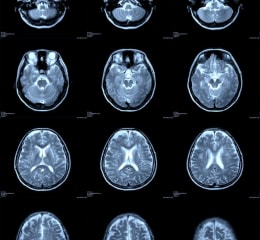Prostate Screening
Are you concerned about your PSA test results, have a family history of prostate cancer, or have been experiencing urinary problems? Book a prostate MRI scan to check for prostate cancer and diagnose prostate problems. With over 150 scanning centres across the UK, we're able to show you every available option - from prices to locations to services - to help you make the best decision for you.
-
Private Prostate MPM Scan
-
No GP referral required
-
Consultation with clinicians
-
Digital interactive imaging report















